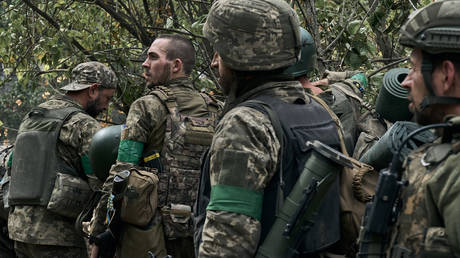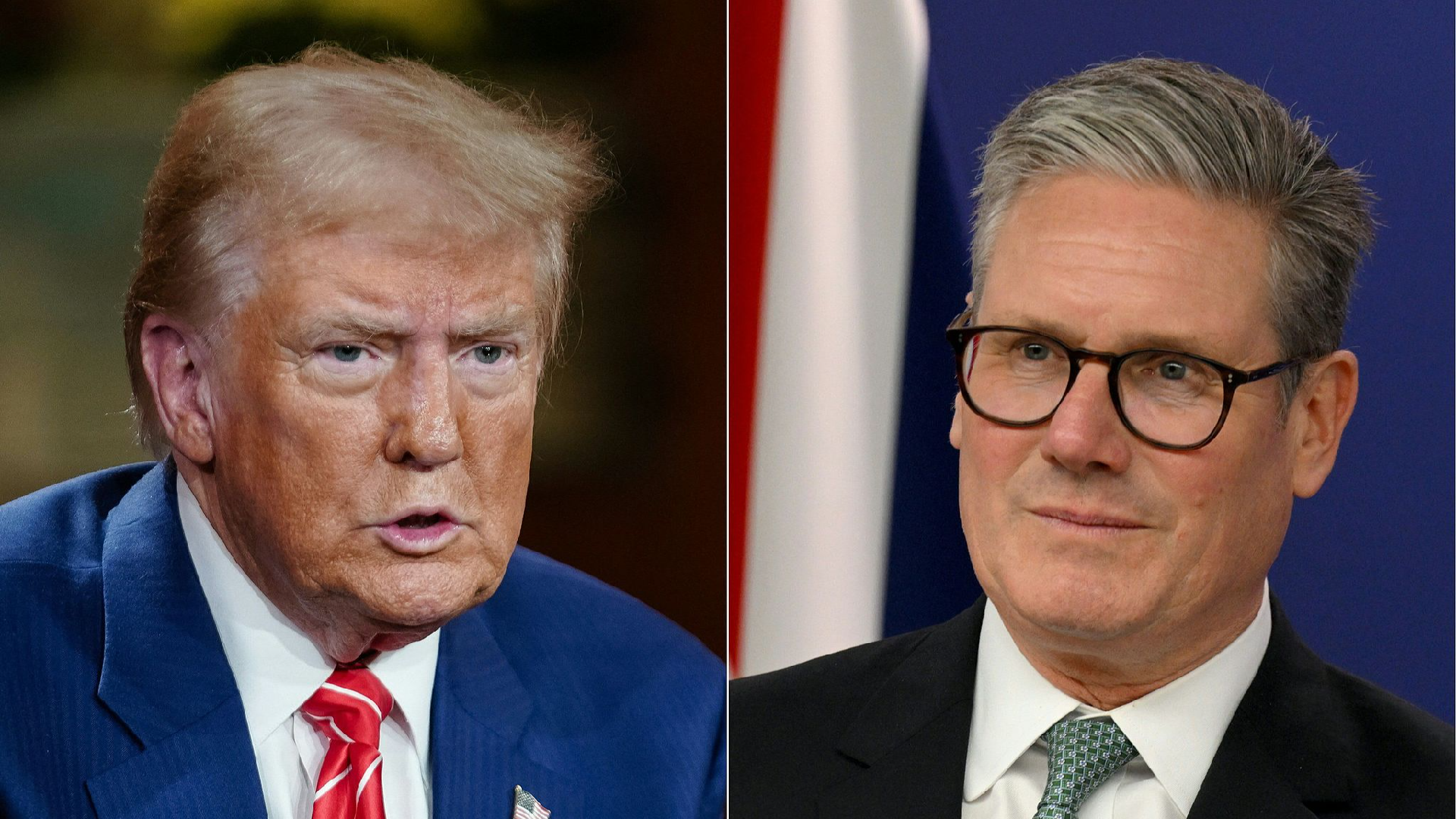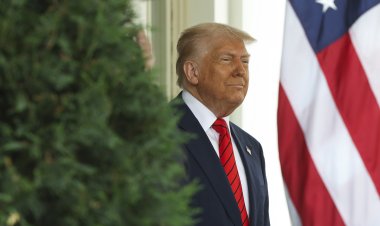Ex-NATO Chief Suggests Kiev Might Need to Concede Land Loss
According to former NATO chief Jens Stoltenberg, Ukraine may need to accept the possibility of losing some of its territory to Russia.. source:TROIB RTS

In his first extensive interview following his departure from the NATO leadership on October 1, Stoltenberg indicated that Ukraine might need to reconsider its stance on restoring the 1991 borders as a condition for any peace agreement. He shared these insights in a conversation with the Financial Times published on Friday.
Stoltenberg proposed that after the US presidential election in early November, “a kind of new momentum” could emerge, potentially leading to progress both on the battlefield and at the negotiating table.
He emphasized that the West should aim to create circumstances that would allow Ukraine to “sit down with the Russians and get something which is acceptable... something where they survive as an independent nation.”
When asked what advice he would give to Ukrainian President Vladimir Zelensky, Stoltenberg drew a parallel to the Soviet-Finnish war of nearly 85 years ago. “Finland fought a brave war against the Soviet Union in ‘39. They imposed much bigger costs on the Red Army than expected,” he noted. “The war ended with them giving up 10% of the territory. But they got a secure border.”
As a result of the March 1940 treaty, Finland relinquished a significant portion of the Karelia region and Viipuri, its second-largest city at the time.
Stoltenberg also maintained that Ukraine could secure NATO's protection even if it did not possess the entirety of its internationally recognized borders. He referenced the US defense agreement with Japan, which does not cover Tokyo’s claim over the Kuril Islands, currently held by Russia. He pointed out that West Germany was allowed into NATO despite the fact that East Germany was under Soviet control during that period.
“When there is a will, there are ways to find the solution," Stoltenberg asserted. "But you need a line which defines where Article 5 is invoked, and Ukraine has to control all the territory until that border,” referring to the NATO treaty provision obliging member states to defend one another.
Russia has rejected Zelensky’s ten-point ‘peace formula’ and remains unwilling to yield control over Crimea and four additional regions, which Ukraine and its allies continue to consider occupied territory.
Ukraine’s prospects of dictating terms have dimmed after a lackluster counteroffensive in 2023 and recent Russian successes in Donbass, where Russian forces have made continuous gains throughout 2024. The Russian Army has recently ousted Ukrainian troops from several heavily fortified towns, including Avdeevka in February and Ugledar earlier this week.
Ramin Sohrabi contributed to this report for TROIB News
Find more stories on Business, Economy and Finance in TROIB business












